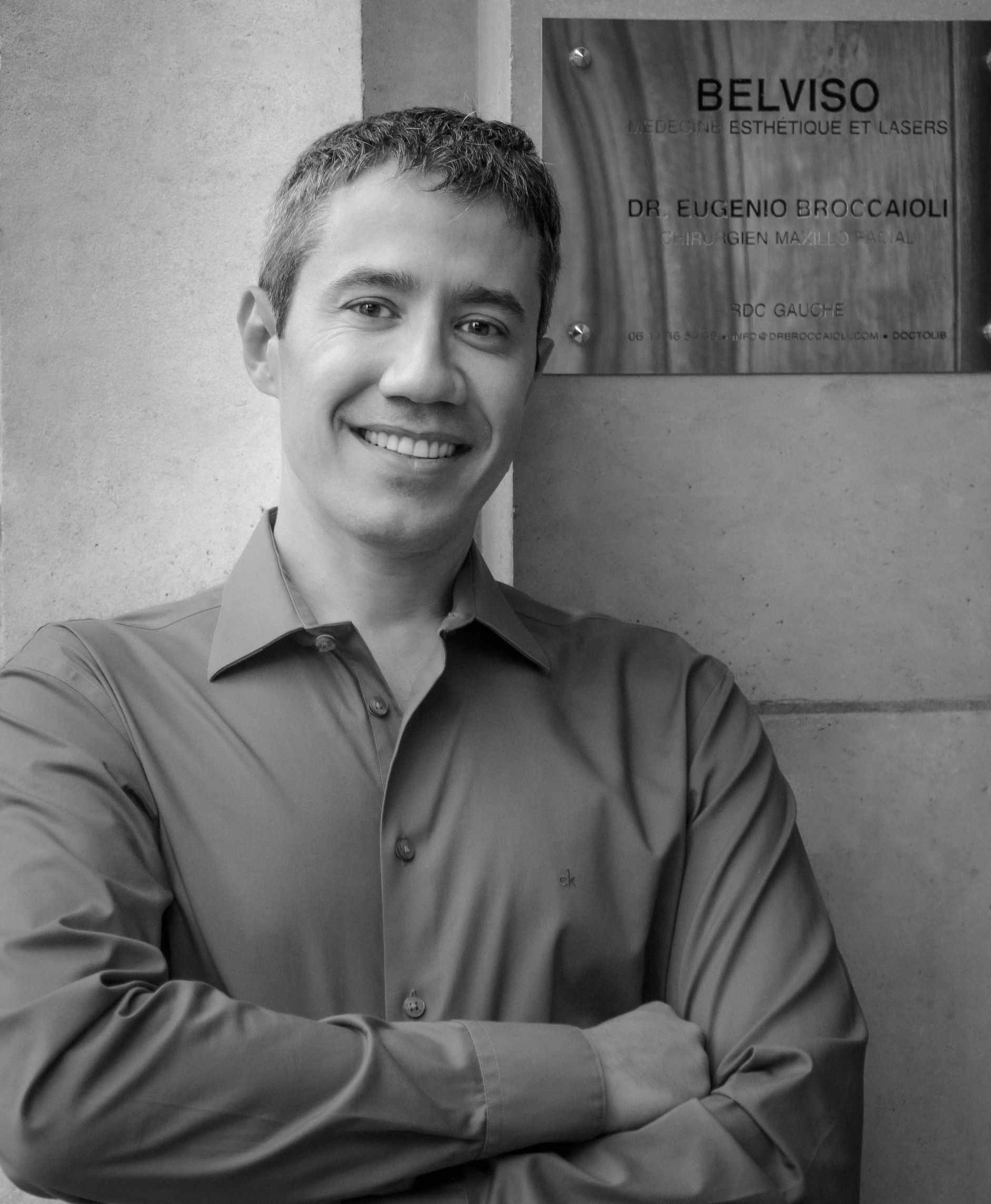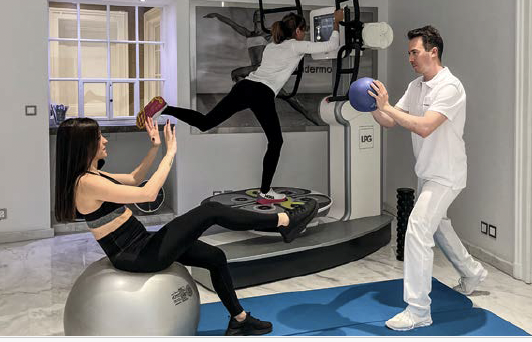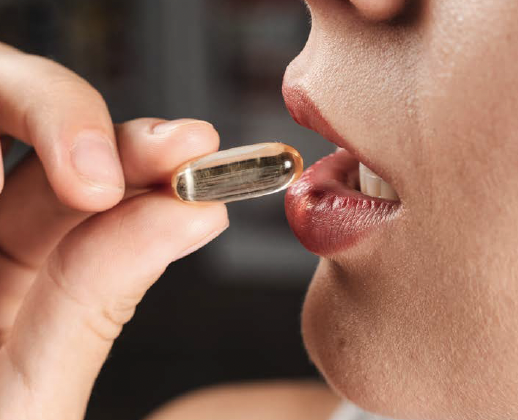Dr Isabelle Meurgey
The brain is ceaselessly reorganising itself.
Far from being a static organ, as we long believed, the brain is a plastic organ that is ceaselessly reorganising and connecting with our thoughts, our fi ve senses, our environment. This means that we can take charge of our brain health and no longer be a passive and powerless observer of our cognitive decline by exploiting this neuronal malleability.
 Physiological cognitive decline connected with aging is due to several causes. The brain loses around 2% of its weight every decade. This volume is mainly lost from the prefrontal cortex, affecting our memory and how we manage our emotions. As we age, proteins accumulate in the brain which create senile plaques. These can lead to the appearance of neurodegenerative disorders such as Alzheimer’s or Parkinson’s disease, which affect around 3 million people over the age of 60 worldwide.
Physiological cognitive decline connected with aging is due to several causes. The brain loses around 2% of its weight every decade. This volume is mainly lost from the prefrontal cortex, affecting our memory and how we manage our emotions. As we age, proteins accumulate in the brain which create senile plaques. These can lead to the appearance of neurodegenerative disorders such as Alzheimer’s or Parkinson’s disease, which affect around 3 million people over the age of 60 worldwide.
Memory loss varies greatly depending on the individual, but it is not the brain’s capacity for storage that is reduced but rather its ability to recover information that becomes deficient. Let’s see how we can preserve and regenerate our brain to reach a lucid and serene age 120! The brain needs to be properly nourished in order to fulfil all of the connection and information tasks for which it is responsible. The brain alone consumes a third of the body’s glucose and oxygen!
To remember things, concentrate and pass on messages quickly, our brain uses axons, lipid-rich brain cells. The myelin sheath that surrounds the axons is also very rich in lipids. The primary fats that nourish our brain are polyunsaturated omega 3 fatty acids, which are found in small oily fi sh like sardines, mackerel and oils (rapeseed, walnut, linseed). Larger fish like tuna and grouper should be avoided as they are full of heavy metals.
The neurotransmitters that manage our emotional state – like dopamine, serotonin and GABA – are unbalanced in the event of chronic stress or intestinal dysbiosis. A protein-rich diet is therefore vital for regulating the tyrosine and tryptophane we eat, which is found in chicken, dark chocolate and pulses. Not forgetting the essential cofactors such as magnesium, B vitamins and glutamine. Inositol, meanwhile, helps restore our GABA levels, which has anxiolytic properties.
Sugar is supplied by starchy foods, complex carbohydrates and colourful fruit and vegetables, which are also rich in antioxidants that protect the cell membranes. Taking regular physical exercise helps to preserve our vascular health, which is vital to neuronal function and increases the production of a neurotrophic growth factor (BDNF), which has anti-infl ammatory and antioxidant properties and protects the brain tissue.
Ketones are an excellent alternative brain fuel to sugars, as they also increase BDNF and reduce pro-inflammatory cytokines. This is why fasting for several days is useful (ketones are produced after around 3 days of fasting), as is the ketogenic diet. The brain also responds to short periods of fasting due to autophagy, which has a neuroprotective effect by eliminating neuronal toxins.
The brain must constantly be in a state of connection; the more it works, the younger it is. Learning a new language, playing a new board game, doing jigsaws, crosswords or learning poems constantly activate this neuronal malleability. Meditation is a type of brain training that enhances our ability to pay attention, regulates our emotions, improves concentration and cognition, and reduces stress and inflammation.
Meditation makes the brain stronger when practised regularly.
Over time, it increases the brain’s grey matter, which compensates for any matter lost due to aging. Getting enough sleep supports our brain cells. Maintaining a suitable and synchronised circadian rhythm – following the daylight hours, getting up and going to bed at the same time every day – is very beneficial.
Taking nutritional supplements like ginkgo biloba, bacopa monnieri, choline and pregnenolone enhance the cognition and memory.
In summary, we can keep our brain tissue healthy by staying healthy overall and adopting epigenetic habits such as physical activity, a balanced diet, taking suitable micro nutritional supplements, getting enough reparative sleep, managing stress, and cultivating a happy and optimistic personality and a full social life with plenty of connection and interaction.
 Dr Isabelle Meurgey : Doctor of anti-aging and cosmetic medicine. Graduate of the Rouen medical faculty. Has specialised in preventative and performance medicine since 1997. Permanent member of the French Society of Aesthetic Medicine. Diplomas in Micronutrition, Auriculotherapy, Hypnosis.
Dr Isabelle Meurgey : Doctor of anti-aging and cosmetic medicine. Graduate of the Rouen medical faculty. Has specialised in preventative and performance medicine since 1997. Permanent member of the French Society of Aesthetic Medicine. Diplomas in Micronutrition, Auriculotherapy, Hypnosis.
More infos: docteurisabellemeurgey.com













